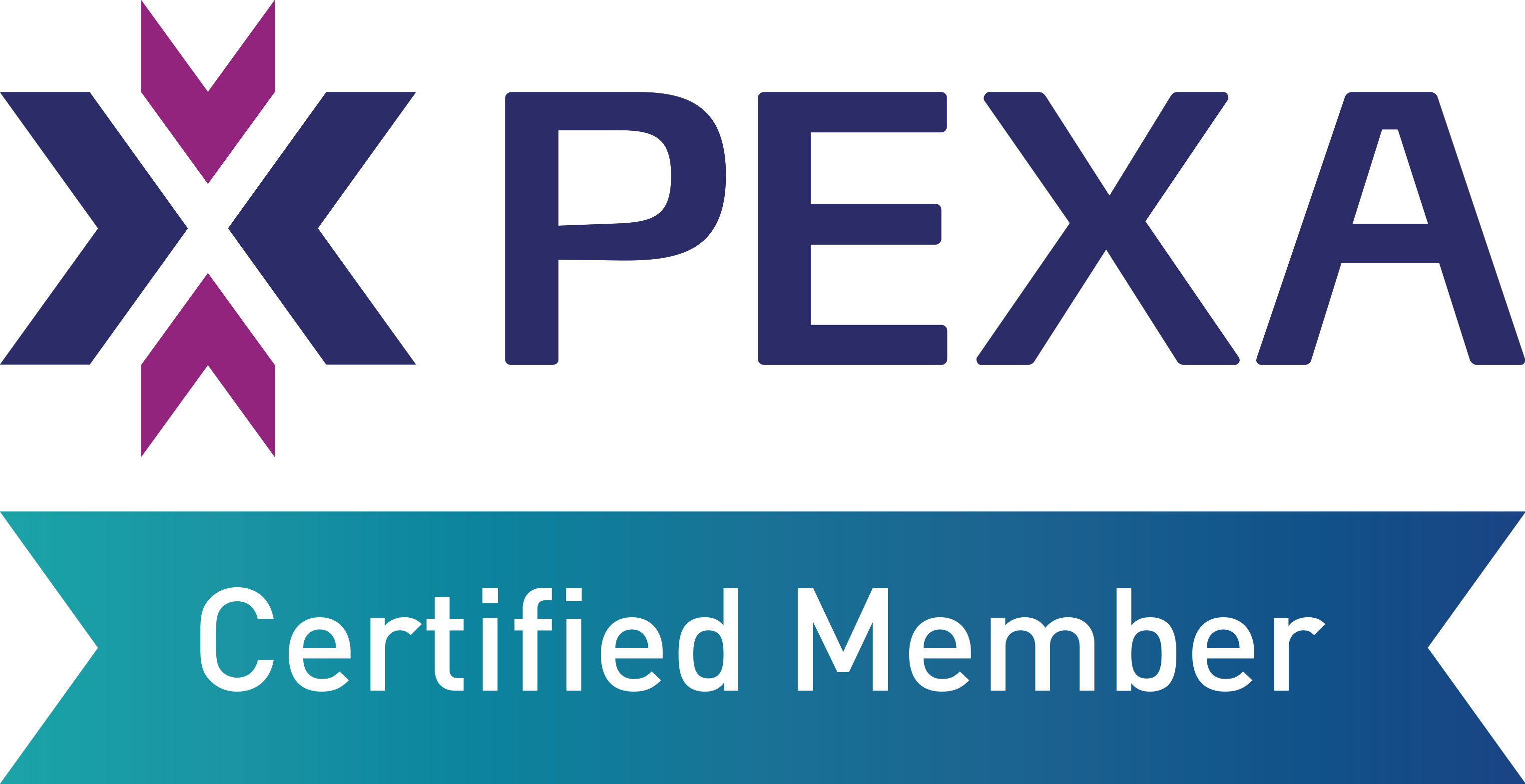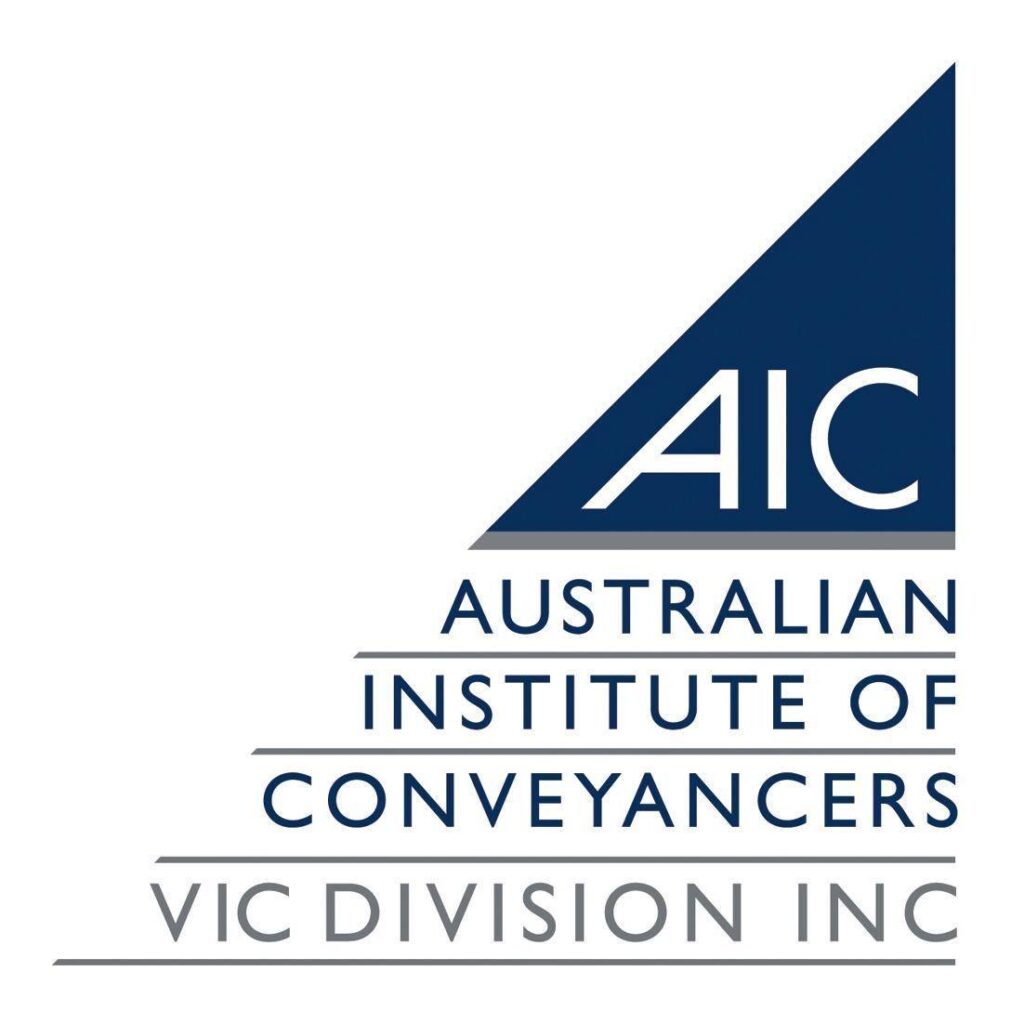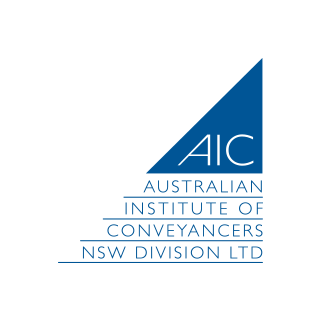What is Conveyancing? Here's The Process Made Simple
You’ve finally found your dream home after what feels like 100’s of inspections. It’s is within your budget, the location is perfect, the property ticks all your boxes, plus it’s close to your children’s school, comes with a beautifully landscaped backyard, and more…. You’ve made the offer, decided to sell, so what’s the next step?
Choosing the best company to represent you.
Conveyancers, conveyancing lawyers or conveyancing solicitors, depending on who you hire for your property buying or selling process, are a vital part of the property transaction process.
Conveyancing is the legal process of transferring ownership of property from one person to another. It’s like a legal paperwork shuffle that ensures everything is done correctly and legally while transferring the legal title, or ownership of land and any improvements on that land, from one owner to another whether it be a from a person or entity.
When Do Your Conveyancing Services Start?
Your conveyance will generally start from the date / time you enter into your Contract. The conveyance process will continue through to settlement of the purchase or sale.
Here’s our guide to What Is A section 32 Statement.
Think of it like selling a house:
You’ve found a buyer.
You agree on a price.
Now, you need to make sure the house legally belongs to the buyer.
That’s where conveyancing comes in. A conveyancer, who is a legal professional, handles all the paperwork and legal stuff to make sure the transfer of ownership happens smoothly.
What does a conveyancer do?
Checks the property title: This is like a legal ID for the property. The conveyancer makes sure there are no problems or claims on the title.
Prepares contracts: They draft the contracts that the buyer and seller will sign. These contracts outline the terms of the sale, like the price, deposit, and settlement date.
Handles the settlement: This is when the money changes hands and the property ownership officially transfers. The conveyancer ensures everything is done correctly and on time.
Registers the new ownership: They file the necessary paperwork with the government to officially record the new owner.
Why do you need a conveyancer?
Legal expertise: Conveyancers know all the legal ins and outs of property transfer. They can help you avoid potential problems and ensure the process goes smoothly.
Peace of mind: Knowing that a professional is handling the legal side of things can give you peace of mind during the stressful process of buying or selling a property.
Time-saving: Conveyancers can handle all the paperwork and legal formalities, saving you time and effort.
In short, conveyancing is an essential part of buying or selling a property. It ensures that everything is done legally and correctly, protecting your rights and interests.






What happens when things go wrong?
What happens when searches turn up unexpected issue? Unexpected issues can complicate matters, delay settlement and the legal paperwork can become complex. This is why we strongly recommend you choose an experienced professional with a proven record to capably conduct your conveyancing.
As you can imagine transferring any property to a new owner means a lot of work. Generally conveyancing services will consist of 3 stages:
- Pre-contract
- Pre-completion
- Post-completion
Your licensed conveyancer will typically do everything necessary to ensure you are fully prepared for key dates during the conveyancing works process.
Your conveyancer will be in regular contact with the other sides conveyancing solicitors negotiating the crucial nitty gritty issues.
Yes, you can save a few hundred dollars doing it yourself by spending hours filling out all the forms to save on conveyancing costs.
But, can you be certain you are confident all the i’s are dotted and t’s crossed? Afterall, you aren’t an expert and probably don’t fully understand what is required and the vital nuances.
In the worst case scenario of DIY conveyancing, if something happens to go wrong, you may run the risk of losing the property, forfeiting your deposit. We did say in the worst case scenario….
When you hire the expertise of a licensed conveyancer, if they make a mistake, their professional indemnity insurance covers you.Your conveyancing costs won’t skyrocket and break the budget.
Why Use Conveyancing Solicitors?
You can choose to hire a conveyancer or conveyancing solicitors or lawyers to provide expert advice and information regarding the purchase or sale of property. The property may be a home, apartment, strata title unit, farm vacant block of land or commercial business.
It’s easy to find conveyancing solicitors or lawyers. Start by searching Google for “conveyancers near me” which will bring up a selection of the professional companies closest to you. Sometimes they will offer fixed price conveyancing. Usually they can give you a very close quote which will dependent on what property searches reveal.
Conveyancers don’t need to be solicitors. A conveyancer must undertake a legally recognised course or Degree to become licensed and be engaged by clients to legally transfer a property from the person who owns it (Vendor) to the person who is buying it (Purchaser).
A conveyancer is usually cheaper than employing conveyancing solicitors.
A Conveyancing Solicitor is a fully accredited legal professional. Solicitors generally practice in one or two areas solely and tend to have Conveyancing as their ‘bread and butter’ of their firm.
Meaning they prefer their other retainer clients who pay more and their conveyancing files keep the firm ticking. Yes, if a dispute arises that requires litigation a conveyancing lawyer / solicitor may be able to assist however if it is not their specialty they will still need to refer you on.
In this instance you could have paid double to triple to have a Property Solicitor do exactly what a Conveyancer would!
What Does A Conveyancing Solicitor Do?
A conveyancing solicitor is a legal professional who specializes in the legal process of transferring ownership of property.
Here are some of the key tasks they perform:
Examining property titles: They carefully review the property’s title to ensure there are no encumbrances or claims that could affect the transfer.
Drafting contracts: They prepare the necessary legal documents, such as the contract of sale, to outline the terms of the transaction.
Conducting searches: They conduct searches to identify any potential issues, such as outstanding debts or easements.
Handling settlements: They oversee the settlement process, which involves the exchange of money and property ownership.
Registering the transfer: They ensure that the transfer of ownership is officially recorded with the relevant government authority.
Providing advice: They offer legal advice and guidance throughout the conveyancing process, helping clients understand their rights and obligations.
In essence, a conveyancing solicitor acts as a legal intermediary, ensuring the transfer of property is carried out smoothly and legally from start to finish.
Most sellers and home buyers don’t realise the full amount of detailed documentation and work required in legally transferring a property to the new owner.
Let’s take a closer look at what a specialist in conveyancing services does for each party.
- Buy or sell a property
- Register, change or remove an easement
- Subdivide land
- Update a title - for example registering a death
From the buyer’s side a conveyancing solicitor does the following:
A conveyancing solicitor plays a crucial role in protecting the interests of a property buyer.
Here’s a breakdown of their key responsibilities:
Examines the property title: The solicitor carefully reviews the property’s title to ensure there are no encumbrances or claims that could affect the buyer’s ownership.
Conducts searches: They conduct searches to identify any potential issues, such as outstanding debts, easements, or restrictive covenants.
Reviews the contract of sale: The solicitor reviews the contract of sale to ensure it protects the buyer’s interests and is fair and equitable.
Handles the settlement process: They oversee the settlement process, ensuring that the purchase price is paid and the property is transferred to the buyer’s name.
Registers the transfer: The solicitor ensures that the transfer of ownership is officially recorded with the relevant government authority.
Provides advice: They offer legal advice and guidance throughout the buying process, helping the buyer understand their rights and obligations.
In essence, a conveyancing solicitor acts as a legal intermediary, ensuring that the buyer’s interests are protected and that the property purchase is completed smoothly and legally.
From the seller’s side, a conveyancing solicitor does the following:
A conveyancing solicitor plays a crucial role in assisting a property seller throughout the sale process. Here’s a breakdown of their key responsibilities:
Reviewing Property Documents: The solicitor will examine the seller’s property title, contracts, and any other relevant documents to ensure there are no outstanding issues or encumbrances that could affect the sale.
Preparing Sale Contracts: They will draft the contract of sale, outlining the terms and conditions of the transaction, including the purchase price, settlement date, and any special conditions agreed upon by the buyer and seller.
Conducting Property Searches: The solicitor will conduct searches to identify any potential issues, such as outstanding rates or taxes, easements, or other encumbrances.
Providing Legal Advice: They will offer legal advice and guidance to the seller, explaining the process and addressing any questions or concerns they may have.
Handling Settlement: The solicitor will oversee the settlement process, ensuring that the purchase price is received, the property is transferred legally, and any necessary paperwork is completed.
Registering the Transfer: They will register the transfer of ownership with the relevant government authority, ensuring that the new owner’s name is officially recorded.
In essence, a conveyancing solicitor acts as a legal intermediary, protecting the seller’s interests and ensuring that the sale process is carried out smoothly and legally.

How Do I Find Conveyancing Solicitors,Lawyers or Licensed Conveyancers That Are Trustworthy?
We strongly recommend you spend time researching at least 3 to 5 conveyancers, reading their reviews and understanding what their strong points are before choosing one to look after your best interests during the settlement process.
Start by asking your family and friends if they can recommend a good company. Most people have bought and sold a property, or know someone who has, and word of mouth is an excellent way to find the right company to work for you. Try performing an online search using the search term “conveyancer near me”and research the results.
Once you have narrowed down your list of possibilities, take a few minutes to give them a call, have a friendly chat and ask a few questions. Ideally you hire a conveyancer you feel comfortable with, one that both meets your needs and you feel comfortable with. You’ll also find some conveyancers will only specialise in specific types of property real estate which may help to narrow your search.
Once you’ve found a company you feel confident with, run a basic security check on the business. This way you can quite easily check they are properly licensed to carry out the work. Plus, it’s wise to check their history in Google, read customer reviews and see if complaints have been made against them.
As we mentioned, licensed conveyancing solicitors can often offer fixed price conveyancing, providing the conveyance searches don’t find any issues. Conveyancing fees will vary depending on the type of property transfer for example a home, farm or commercial business.
It’s also best not to go with the cheapest option. You may not get the best conveyancing service you need for your needs!
Questions to ask:
- Are you a member of the Australian Institute of Conveyancers?
- Are you a member of PEXA?
- Do you offer electronic settlements?
- Do you offer online conveyancing?
- Can I track my settlement online via the PEXA Key?
- What types of conveyancing do you specialise in?
- How much are conveyancing fees? Are disbursements extra? Does that include GST?
- How long will it take?
- How will you communicate with me, by phone and or email. How often?
- How will settlement day work, what's the process and time frames? I need to organise movers, final cleaning services and other parties)
- Do you offer business conveyancing?


